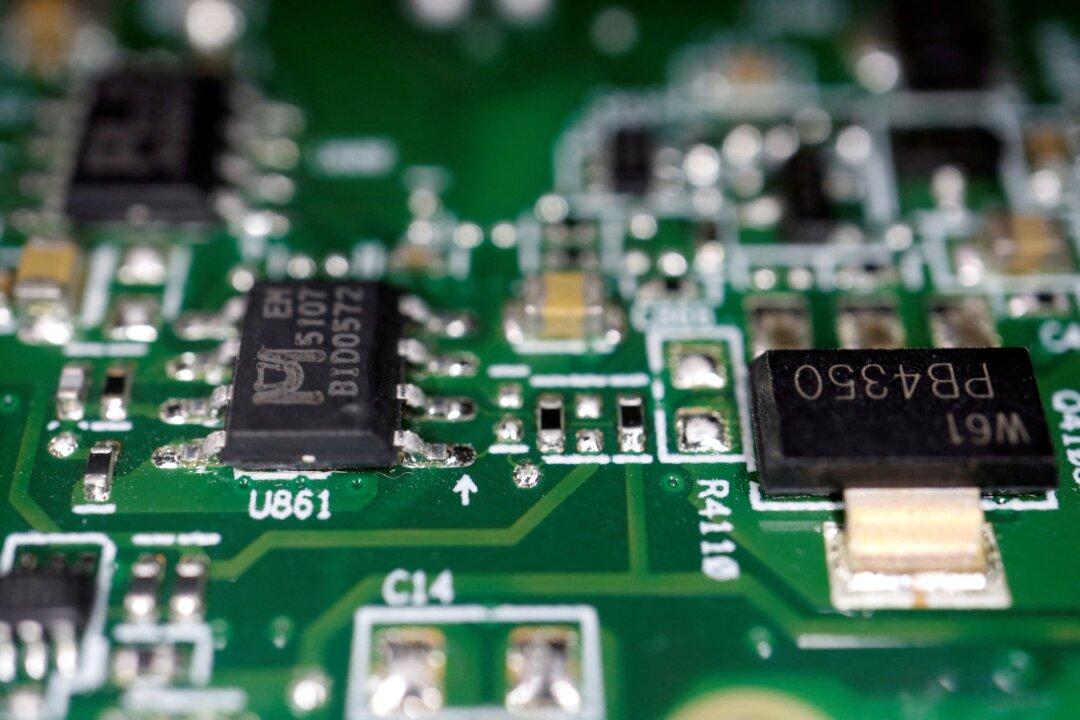Twelve companies from mainland China or Hong Kong will be officially included in the U.S. sanctions list on April 17. At the same time, the media revealed that a Hong Kong company exported many electronic chips to Russia but has not yet been sanctioned. Some experts believe that there is not much difference between Hong Kong and mainland China, so the United States should re-examine its policy towards the former.
The Bureau of Industry and Security (BIS) of the U.S. Department of Commerce will update its “Entity List” on April 17. Twelve companies located in mainland China or Hong Kong will be included in this update because these companies try to avoid U.S. export controls, which stipulate the limitations to acquiring or attempting to acquire U.S. products in support of Russian military activities. Some of the “to be listed” enterprises were found to purchase goods for Russian companies subject to U.S. sanctions or export controls.




